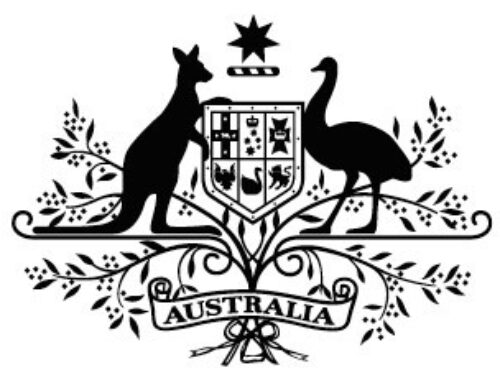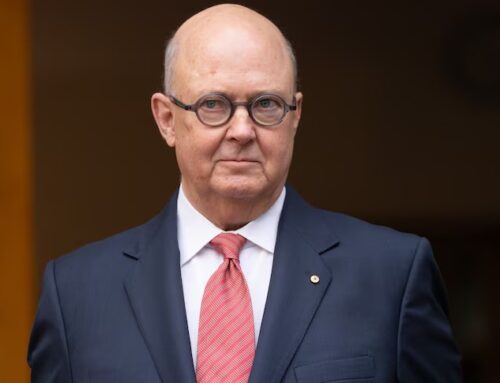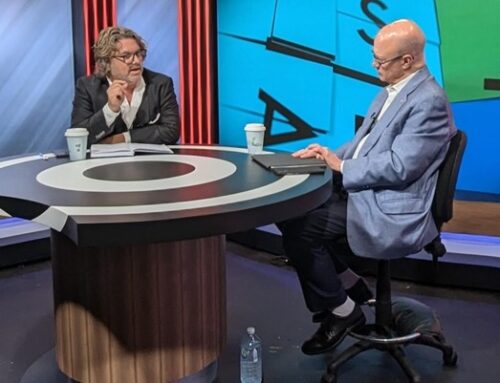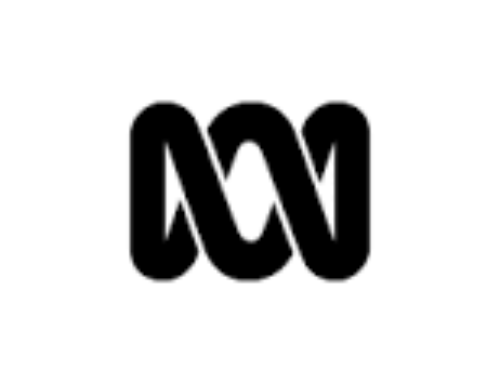The Guardian | Amanda Meade | June 19,2024ABC has ‘areas for improvement’ but can be force for ‘togetherness’, broadcaster’s chair says
 In wide-ranging speech, Kim Williams says digital age has led to ‘fragmentation’ at the ABC and warns against ‘insidious and dangerous’ ideas of censorship
In wide-ranging speech, Kim Williams says digital age has led to ‘fragmentation’ at the ABC and warns against ‘insidious and dangerous’ ideas of censorship
ABC chair Kim Williams has outlined his vision for the ABC as a cultural force for national cohesion in the face of threats from the internet, social media and artificial intelligence – while conceding parts of the national broadcaster are underperforming.
In his first major speech since taking on the role in March, Williams said the ABC should make a “robust assessment” of its performance: “If we’re honest, there are important areas for improvement”.
Williams said the ABC’s news service must remain the most trusted in the nation, Radio National should be renewed as the flagship of intellectual ambition and there should be more “serious television documentaries” and more arts coverage and drama and comedy commissions.
“In this landscape littered with lost hopes and compromised trust, one organisation stands firmly: the ABC,” Williams said in an address to the State Library of Victoria on Wednesday night. “The most trusted media organisation in our nation.”
Williams, who replaced Ita Buttrose, outlined the challenges faced by the media and democracy in the face of digital technology which had transferred power from traditional authorities to citizens.
The final resource we will need is the courage to stand up for the principles and values that any great media or public organisation must possess. Kim Williams
“The devastation isn’t just about revenues and audiences,” Williams said. “It has involved an assault on the moral resources that hold our society together. Including on the qualities good media organisations offer: objectivity and truth, without which democracy becomes impossible to sustain.”
He pointed to threats to the broadcaster, both from authoritarian countries such as Russia, and from the way the internet, social media and artificial intelligence are altering public debates.
“We see a new empire ruled by algorithms that must be countered intellectually.”
A former chief executive of News Corp Australia, Foxtel, Fox Studios Australia and the Australian Film Commission, among other cultural institutions, Williams has a long history in media and the arts.
He was critical of the way the ABC has adapted to the digital age, saying it has led to “fragmentation and dislocation” of the organisation.
“Despite the best efforts of many in recent decades, it seems to me that the digital world has caused a fragmentation and dislocation of effort at the ABC that is failing to deliver what we need,” he said.
“It has altered the personality, chemistry and character of our national debates in sometimes, indeed often, negative ways. It is time for refreshed purpose.”
Williams said the ABC should replace this fragmentation and dislocation with “a common sense of purpose and a coherent sense of what sort of organisation we want to be”.
In echoes of former ABC managing director Mark Scott, who talked about the ABC being a town square back in 2009, Williams said the ABC could be a “national campfire”.
“The ABC, I believe, can be an important source of this stronger sense of national community and togetherness in a world in which social media increasingly drives a sense of singularity, self-focus and isolation,” he said.
Williams said recent attempts by Cumberland city council in western Sydney to ban same-sex parenting books demonstrated that “an insidious and dangerous idea with origins overseas has reached our shores”: “The idea that a loud and aggressive minority can override the rights of the overwhelming majority to read what they want.”
He was equally critical of the trend for publishers to rewrite books in the name of changing values. In an apparent reference to critics of JK Rowling, he deplored some people’s attempts to cancel authors whose ideas they oppose. “How many people has Harry Potter killed lately?”
Williams conceded that the ABC would need a boost in funding to make all these changes but said he was confident management can make the case for it. “The budgetary outlook is tight; however the rationale is plain,” he said.
In an address to honour Redmond Barry – who founded the library in addition to the University of Melbourne, the Melbourne hospital (now the Royal Melbourne hospital) and the Royal Melbourne Exhibition Building – Williams said courage was needed as well as investment.
“The final resource we will need is the courage to stand up for the principles and values that any great media or public organisation must possess,” he said. “We must ensure that this library, our galleries, our publishing world, and your ABC remain strong components of Australia’s democratic cultural landscape.”




